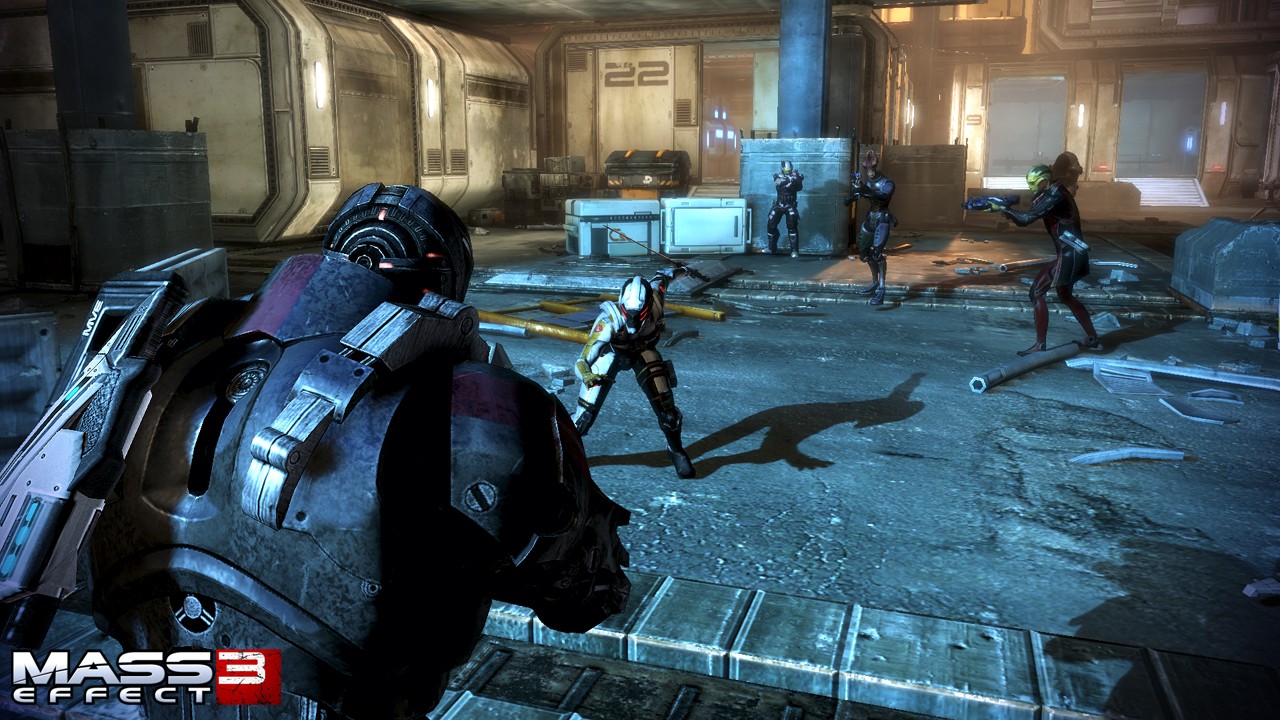Before really talking about what happens at the end (yes, there will be spoilers), it should be observed that any game that has to have an 'extended cut', primarily adding to the ending suggests that perhaps something wasn't quite right with the original, basic version. Indeed, if the original ending had been up to standards on release in the view of the developers, why did they need to add a chunk of extras in to improve it? Simply, people didn't like it, and for a series that has been so popular generally, but has in particular been critically acclaimed for its plot, that wasn't acceptable. Moreover, the promise was not to have just 3 endings, seriously- they said that would not happen, yet, that's what was given. Something had to be done.
That aside, this article is going to assess the above mentioned 'extended cut' and where it leaves the Mass Effect series with a new game teased and sure to be elaborate on at E3 later this year.
Source: gameinformer
Perhaps the first point that should now be looked at is the concept of past decisions affecting the finale. The notion suggested by some that the decisions made throughout the game have no affect on the ending is not unfounded but is heavily exaggerated. Furthermore, the series ends, somewhat appropriately, with a key decision that leads to any of four outcomes. These outcomes are not simply as some may say, a different coloured flash of light, though that is included, but a back drop to what must surely be the next game in a new series of Mass Effect games.
Let's speculate a little. It has been widely rumoured that the new game will not contain Commander Shepherd. Quite right too if you have played through many possibilities and seen Shepherd die making that final decision. For those who have delved slightly deeper, you will have seen that given the right circumstances there is a scenario where the Commander in fact survives after choosing the Destroy option. Now in previous games BioWare has allowed the player to move their character through from the previous game, but what if that wasn't a feature of the next game and we had to deal with the idealistic paragon that Shepherd would have been? Well of course it would have had a perfect Effective Galaxy Rating so we can assume he would survive, but, as the Catalyst pointed out, more problems are sure to arise at a later date. Does that not sound convenient to anyone else?
The ending then has clearly been improved, but now it has a direction, somewhere to take a new spin off or continuation, and most people will praise it for that more than anything else.



